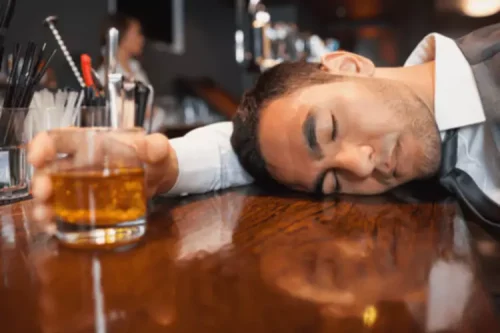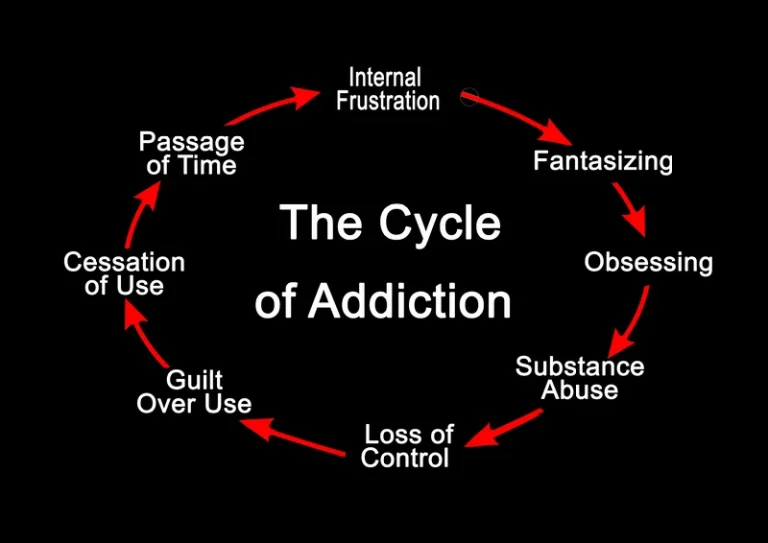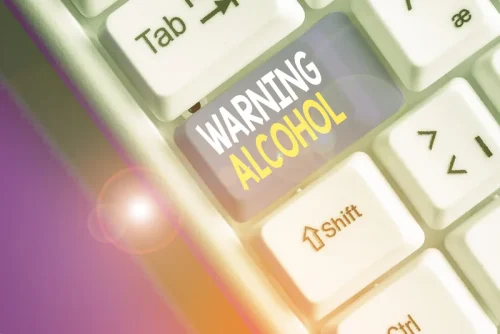
They also work to develop their communication skills and learn to engage in fun, healthy social experiences. The group dynamic encourages honest feedback and facilitates bonding between individuals with shared experiences. Clients weigh in on the issues of others in order to offer suggestions or provide outside perspectives, broadening the individual’s understanding of the conflict. Skilled facilitators are essential in guiding group activities effectively. They set a positive tone, ensure that activities are inclusive, and manage group dynamics to maintain a supportive environment. The expertise of skilled facilitators helps navigate challenges, mediate conflicts, and keep discussions productive.
The Importance of Fun and Relaxation in Addiction Recovery

Observing individuals in this group dynamic gives therapists a different perspective that allows them to enhance the quality of care provided for clients. In the next half of the group, allow clients to share their posters as the second part of substance abuse group activities. Supply small cardstock posters and glue sticks for each client, along with shared markers When the clients enter, give each client a cardstock poster. Have the clients write their names in the middle of their poster with a marker of their choice. You can also spread the affirmations on a table for your group participants to look through.
- This sense of belonging and shared purpose can significantly strengthen your resolve to maintain sobriety.
- Loneliness, grief, and loss are very much related to both anxiety and depression.
- It’s common for interest and energy levels to flag after an initial period of active participation and engagement in group activities for relapse prevention.
Discussing Triggers
For example, you may have to apologize to loved ones you have hurt, establish clear boundaries in your relationships, and cut ties with people who still use drugs. To encourage helpful discussions, some recovery groups toss around question balls. It is always important for group members to discuss any current issues and get advice and support from other members of the group. Ask your clients to share what their tombstone would say if they were to die today.
Mindfulness-Based Addiction Treatment At Oasis Recovery
- With knowledge, individuals can better comprehend the need for treatment and strategies to overcome addiction.
- They can provide a sense of connection, belonging, and shared interests (Shapiro & Gans, 2008).
- By engaging in activities such as art, music, or writing, you get to explore and articulate your feelings, which can be cathartic and therapeutic.
- People opting for group therapy and support groups are often looking for peers to offer guidance and support in their recovery journey.
Icebreaker games not only foster a sense of inclusivity but also help combat nerves and hesitations that can arise when discussing sensitive topics. Group therapy https://ecosoberhouse.com/ provides a cost-effective alternative to individual psychotherapy. It brings people with similar needs together in a supportive, encouraging, and validating way.

Dealing with Challenges
- These steps are especially comforting for members who need a guiding hand to support them through their change.
- Randomly assign locks to half of the group and keys to the other half.
- These groups use a variety of activities to help people recover together.
This relapse prevention group activity reinforces positive behavior through acts of service. Additionally, volunteering introduces you to new routines and responsibilities, which can help establish structure and stability in recovery. substance abuse group activities focus on creating an environment where members feel safe sharing their thoughts and experiences. Substance abuse group activities can range from collaborative exercises that require teamwork to sharing personal anecdotes or engaging in empathy-building exercises.

Worksheets By Therapy Type
Improve Patient Outcomes with Group Therapy

